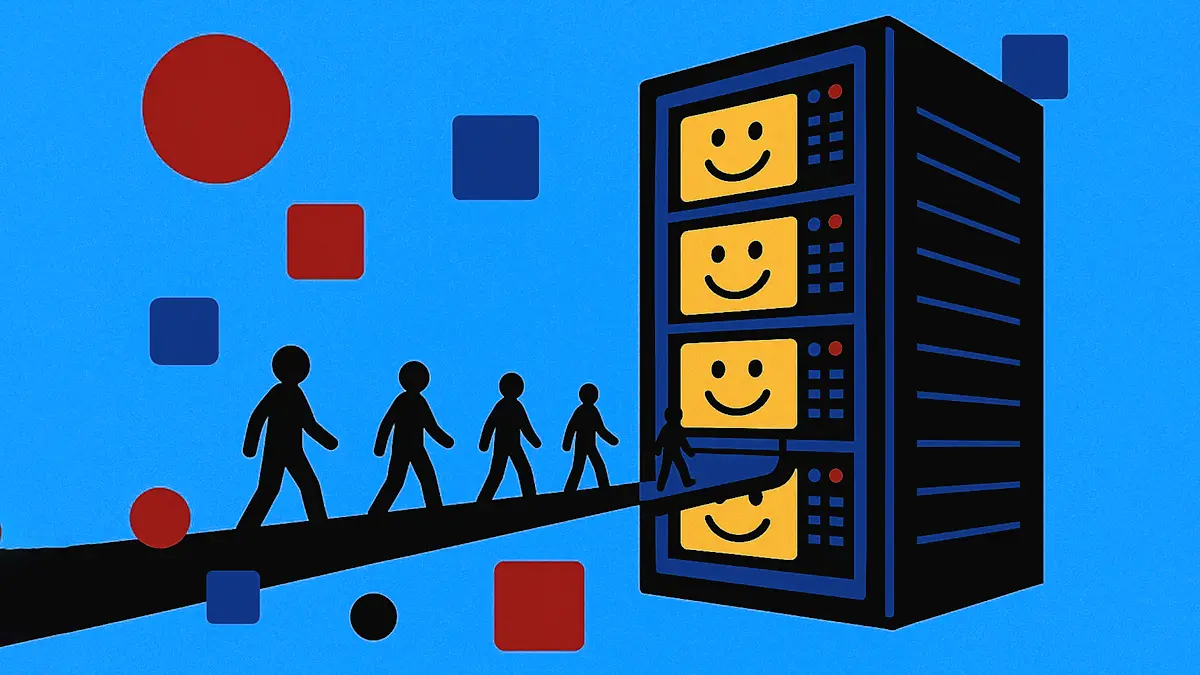The Evolution of Self-Care in Customer Service
Self-care has become a pivotal element of modern customer service. Empowering customers to find answers and resolve issues independently not only enhances their experience but also reduces contact rates. This article delves into the role of CX workflows in transforming self-care and providing strategies to achieve these goals.
The Significance of Self-Care in Customer Experience
Self-care plays a critical role in customer experience for several reasons:
- Customer Independence: It empowers customers to find solutions to their queries and issues independently.
- Contact Rate Reduction: Effective self-care reduces the need for customers to contact support, decreasing the overall contact rate.
- Enhanced Satisfaction: Customers appreciate the convenience and speed of self-service options, leading to improved satisfaction.
Strategies for Empowering Self-Care with CX Workflows
CX workflows offer a multitude of strategies to enhance self-care and reduce contact rates:
1. Automated Knowledge Base: Implement an automated knowledge base powered by CX workflows. This AI-driven system organizes and updates information, ensuring that customers have access to accurate and up-to-date solutions.
Automated Action Example: CX workflows automatically categorize and tag knowledge base articles for easy retrieval.
2. Interactive FAQs: Develop interactive Frequently Asked Questions (FAQs) using CX workflows. These dynamic FAQs adapt to customer queries, providing tailored responses and guiding customers to relevant solutions.
Automated Action Example: CX workflows analyze customer queries and route them to the appropriate FAQ sections.
3. Contextual Chatbots: Integrate contextual chatbots into your self-care processes. CX workflows enable chatbots to understand customer intent, providing context-aware responses and recommendations.
Automated Action Example: CX workflows analyze chatbot interactions to continuously improve responses and refine customer support.
4. Proactive Deflection: Use CX workflows to proactively deflect potential support requests. Predict customer needs based on their interactions and provide preemptive solutions.
Automated Action Example: CX workflows analyze customer behavior and trigger relevant self-help resources when potential issues arise.
5. Feedback-Driven Enhancements: Leverage CX workflows to collect and analyze customer feedback on self-care resources. Use these insights to continually improve self-service options.
Automated Action Example: CX workflows prioritize feedback related to self-care resources and funnel it to the appropriate teams for action.
Related Post: Chatbots and Beyond: Revolutionizing Customer Support with AI in 2024
Implementing CX Workflows for Empowered Self-Care
Here's a roadmap for implementing CX workflows to enhance self-care and reduce contact rates collaboratively:
- Assessment of Current Self-Care: Begin by assessing your current self-care resources and identifying areas for improvement.
- CX Workflow Integration: Integrate CX workflows into your self-care infrastructure, automating key processes and optimizing knowledge management.
- Content Development: Create or enhance self-help content, ensuring that it's concise, clear, and covers common customer queries.
- Interactive Tools: Develop interactive self-care tools, such as dynamic FAQs and chatbots, utilizing CX workflows for their functionality.
- Proactive Deflection: Implement proactive deflection strategies based on customer behavior and insights from CX workflows.
Related Post: Quality Assurance in Customer Care: A Step-by-Step Guide with CX Workflows
Realizing Financial Gains with CX Workflows
Empowering self-care through CX workflows not only enhances the customer experience but also delivers substantial financial benefits to organizations:
- Reduced Human Resource Costs: With customers resolving issues independently, the need for a large support workforce diminishes, resulting in significant savings in salaries, benefits, and training expenses.
- Decreased Contact Center Overhead: Self-care reduces incoming inquiries, lowering operational costs related to maintaining contact centers, including facilities, equipment, and staffing.
- Optimized Workforce Allocation: CX workflows enable efficient agent allocation, allowing agents to focus on complex issues, maximizing their value to the organization.
- Improved Resource Scalability: Self-care offers scalability to accommodate fluctuating support demands without the need for temporary staff during peak periods, reducing labor costs.
- Enhanced Productivity: Automation-driven self-care tools, such as chatbots and interactive FAQs, handle multiple inquiries simultaneously, increasing productivity and reducing handling time.
Financial Impact: Empowering Self-Care
Beyond enhancing the customer experience, empowering self-care through CX workflows delivers substantial financial benefits. Organizations can reduce human resource costs, optimize their workforce, and enhance operational efficiency. Self-care becomes a strategic asset, contributing to both customer-centricity and financial success.











